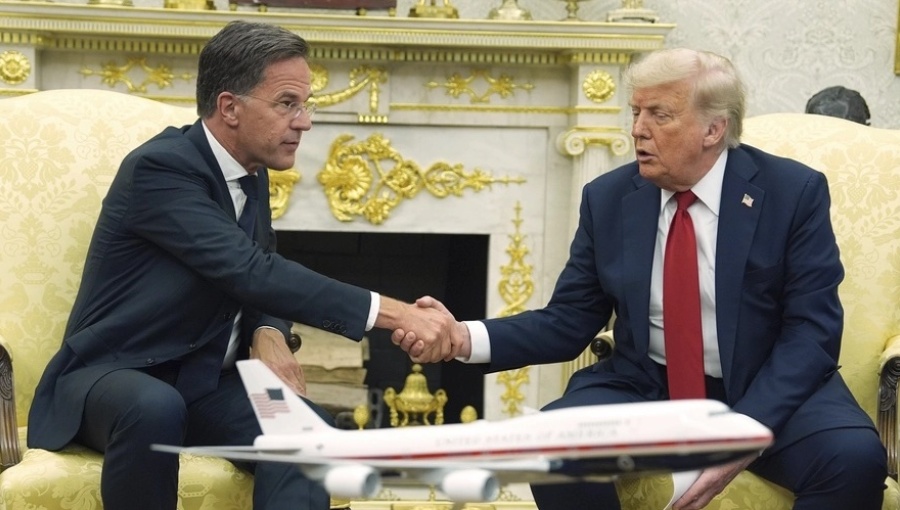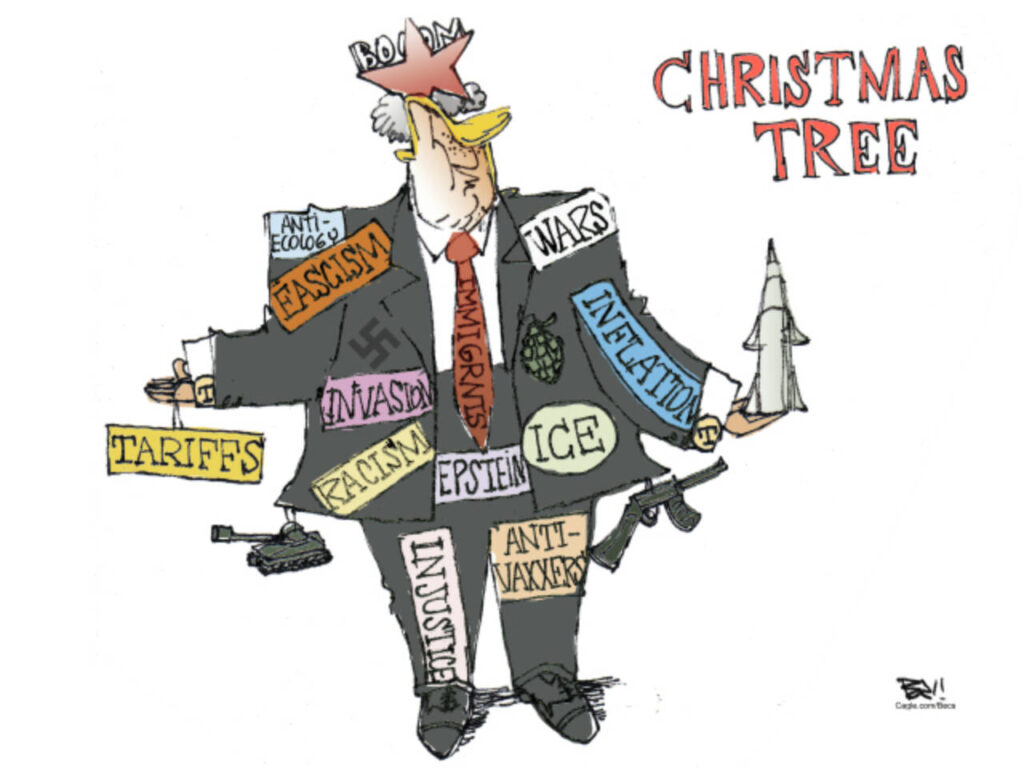During
his Oval Office meeting with Trump on Monday, Rutte mentioned six NATO
countries - Finland, Denmark, Sweden, Norway, the Netherlands and Canada
- that were willing to participate in the weapons-purchasing scheme.
- High-ranking sources at two of those countries' embassies in the U.S. told Reuters they personally learned of the plan as it was announced.
- Even close U.S. allies appeared to learn of the proposal in real time.
A
NATO official said the defense alliance would coordinate weapons
deliveries through a mechanism known as the NATO Security Assistance and
Training for Ukraine, a NATO mission located in Germany that is
responsible for coordinating Western military aid for Kyiv.
SPARE A PATRIOT?
"Several
European countries have already committed to support this initiative
including Germany, Norway, Denmark, the Netherlands, Sweden, the United
Kingdom, Canada and Finland," the official said. "Details are still
under discussion." . . .
Three Russian sources close to the Kremlin said Putin will not stop the war
under pressure from the West and believe that Russia - which has
survived the toughest sanctions imposed by the West - can endure further
economic hardship, including Trump's Monday threat to impose U.S.
tariffs targeting buyers of Russian oil.
"We
are ready to participate," Danish Foreign Minister Lars Lokke Rasmussen
told reporters in Brussels on Tuesday ahead of a meeting of European
Union ministers.
One
official cited Germany, Greece, the Netherlands and Spain as good
candidates to send a Patriot battery to Kyiv, either because they had
multiple batteries or the threats they face are relatively remote.
Some,
including Greece and Spain, have previously resisted appeals from
allies to give some of their Patriot systems to Ukraine, arguing that
they are essential to defend their own countries and NATO as a whole.
Another
official said that the Trump administration has been going through NATO
inventories to see what's available. Their next effort is to attempt to
persuade the allies to gift the equipment to Ukraine in exchange for a
"trade" of some sort, the official said.
The
trade could be a variety of things, the official said, including giving
up an impending acceptance of a piece of military equipment through the
Foreign Military Sales program, or sending munitions to Ukraine in
exchange for an earlier replenishment date.
FRICTIONSTrump's move to take credit for the additional weapons headed to Ukraine has created some mild friction in Europe.
"If
we pay for these weapons, it's our support," said EU foreign policy
chief Kaja Kallas, speaking after the Brussels meeting, adding that she
welcomed Trump's decision.
"So
it's European support, and we are doing as much as we can to help
Ukraine
... If you promise to give the weapons, but say that somebody
else is going to pay for it, it's not really given by you, is it?"
French President Emmanuel Macron is opposed to the initiative as he believes that Europe should strengthen it’s own military industrial base, rather than purchasing weapons from the Trump administrationReuters has published an article in which they explain the dissent within NATO and this is going to be the primary topic of conversation in the video.
Also, I will discuss the militarization of Europe why this poses a challenge to Ukraine’s EU accession. 0:00 In this episode
0:44 Intro
3:26 Macron is upset
4:57 Problems in Paradise
13:33 United by WAR
Europe may have to pay for Trump's promises

==











No comments:
Post a Comment